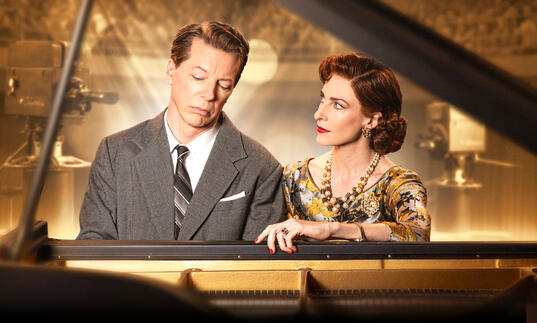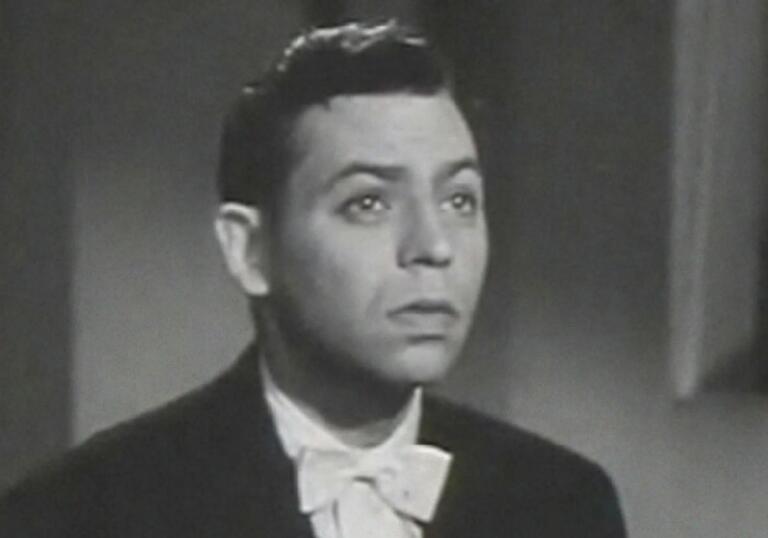
Mental Health
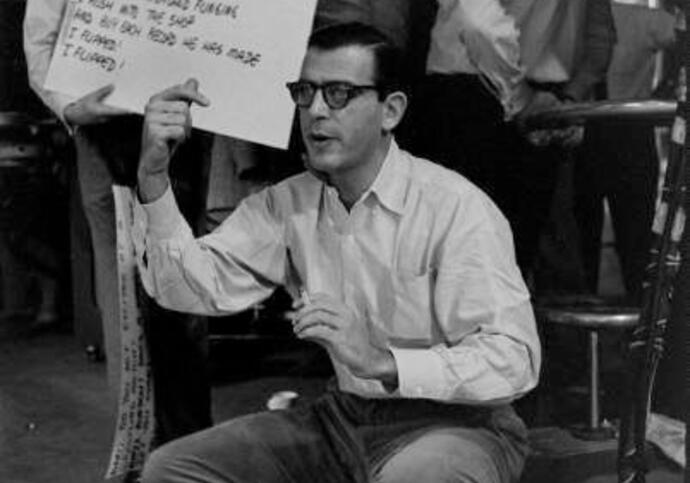
Hollywood's 'First Celebrity Meltdown'
Once dubbed 'Hollywood's first celebrity meltdown', Oscar Levant was demonized and ridiculed, but always in on the joke.
Famously public about his battles with mental health, Oscar wasn’t afraid to appear before audiences in a flight of mania, inconsolably depressed, or hyper-medicated.
Some critics railed against his appearances as uncomfortable, profane, or even grotesque. But others hailed him for bringing a new level of candour to late-night and lessening the stigma of mental illness.
“Roses are red, violets are blue, I’m schizophrenic, and so am I.”
Oscar Levant
Oscar Levant and Jack Paar
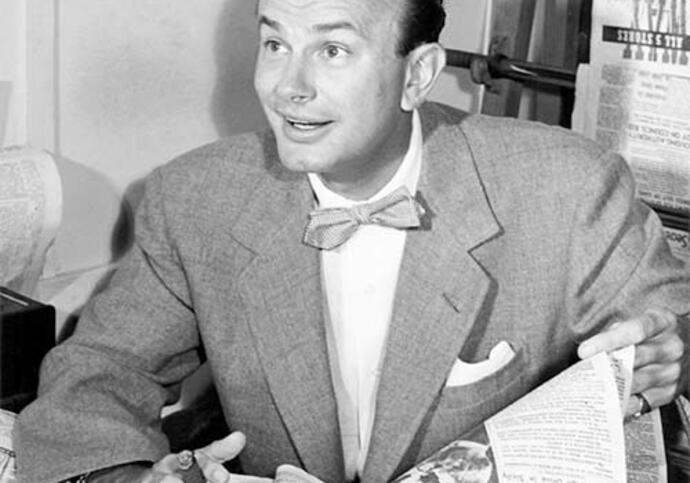
It Takes Two to Tango
If the art of conversation takes two to tango, Oscar Levant was Jack Paar's favourite dance partner.
Before Fallon, Letterman, Leno or Carson, there was Jack Paar.
Throughout the late 1950’s and early 60’s, Levant’s wickedly funny barbs delighted audiences and mortified the censors on shows like What’s My Line, The Celebrity Game and most famously on The Tonight Show with Jack Paar.
The man who truly invented late-night television and The Tonight Show as we know it, Jack Paar distilled it into its essentials: two chairs, a couple of microphones, and authentic, unguarded human conversation.
Celebrities from a variety of fields and disciplines didn’t come on to hawk their latest movies or books, they came to dish.
Paar variously called Levant “a man for whom living is a sideline,” “my favorite far-outpatient,” and “one of America’s true geniuses.”
Live Television
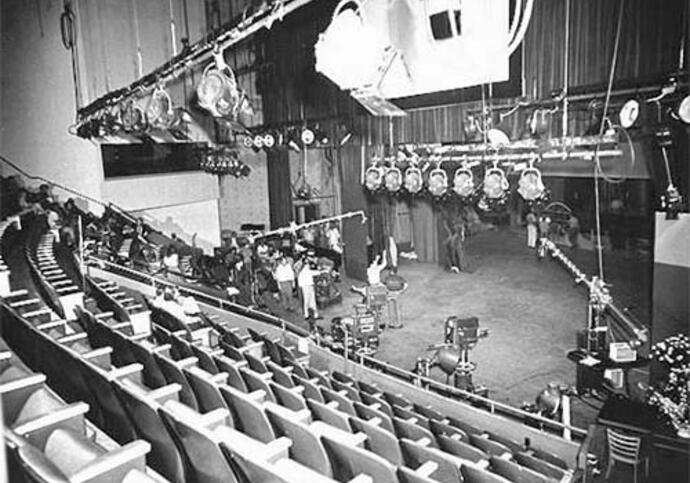
On the Screen
Millions tuned in on the edge of their seats eager to see what could—or inevitably would—happen live, especially when Paar dipped into his collection of regulars whose guest appearances always brought out the best in him.
His favorite guest? Character actor, pianist, and wild card Oscar Levant.
From Humble Beginnings
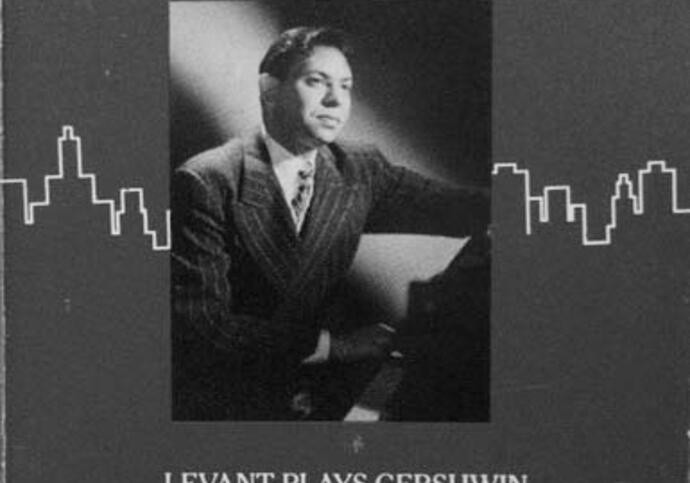
The Piano Prodigy
From humble beginnings as a piano prodigy, Oscar Levant first heard George Gershwin's music when he was 12 and became obsessed with it. Eventually, the two became fast friends, but it was a fraught relationship. George wrote countless songs that immediately entered the popular canon, but Oscar penned only one: “Blame It On My Youth.”
Despite the professional jealousy, when George died unexpectedly of a brain tumour in 1937, Oscar pledged to keep his music alive.
He played Gershwin compositions in concert halls across America, becoming the highest paid and most popular pianist in the country.
George Gershwin’s "Rhapsody in Blue" remains one of the best-selling albums in Columbia Music’s history.
